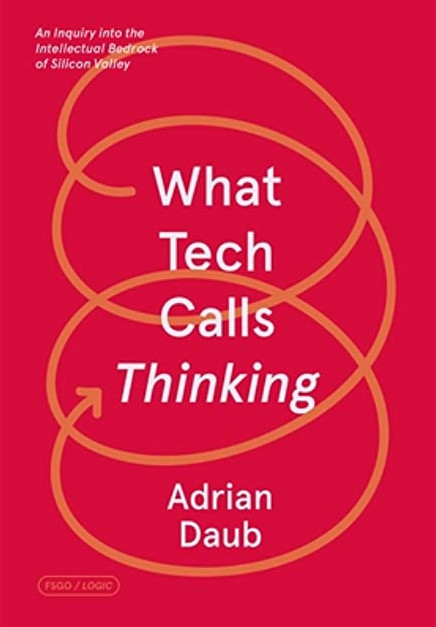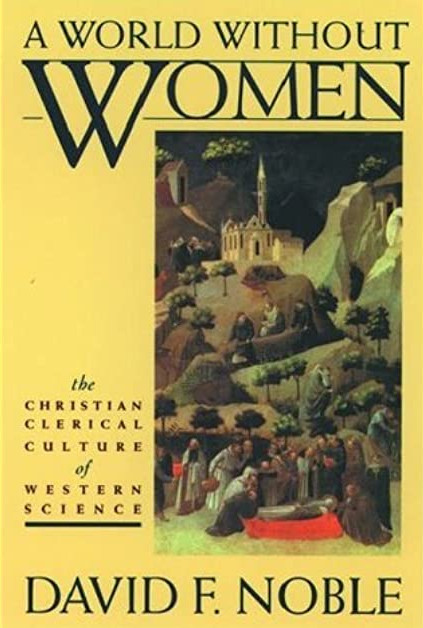1/ So, I read @adriandaub “What Tech Calls Thinking”, a book I was predisposed to like, not just because I’m interesting in the topic (a cultural critique of tech), but also it caters directly to people like me who believe in the value of higher eduction and critical thinking
2/ And how does tech, that is Silicon Valley, think? Basically, like bumbling undergrads who grab trivialized versions of serious concepts, which they misinterpret to provide their privileged and parochial experiences with faux drama (dropping out! disruption!) and universalism.
3/ Fair enough, but is that really all? Unless you read the book closely, you might miss that most tech entrepreneurs were engineering rather than humanities students. Has perhaps the culture of engineering (or economics or law) also shaped their thinking?
4/ Apart from the few general remarks on cybernetics and some more on Ayn Rand, we get very little about these fields. A lot seems to be missing. OK, it’s a slim book. But what really disappointed me was that its style is very similar to the tech thinking it criticizes
5/ The concepts it covers are interesting enough, but their treatment is more essayistic than theoretical (e.g. ignoring most other research in the field) and their selection seems to make a preconceived point (tech culture is shallow), rather than to explore a question.
6/ So, we miss much of the interesting stuff. What kind of thinking is behind the increasingly anti-democratic orientation of tech? Or its well-documented hostility towards women? Or its visions of genetic improvements, and fantasies of immortality?
7/ Overall, I learned, albeit indirectly, more about the specific silicon valley style of thinking from Kai-Fu Lee’s AI Superpowers. He at least highlights the particulars of US tech culture in terms of ‘one-size-fits-all’ solutions and fantasies of frictionless remote control.

 Read on Twitter
Read on Twitter



